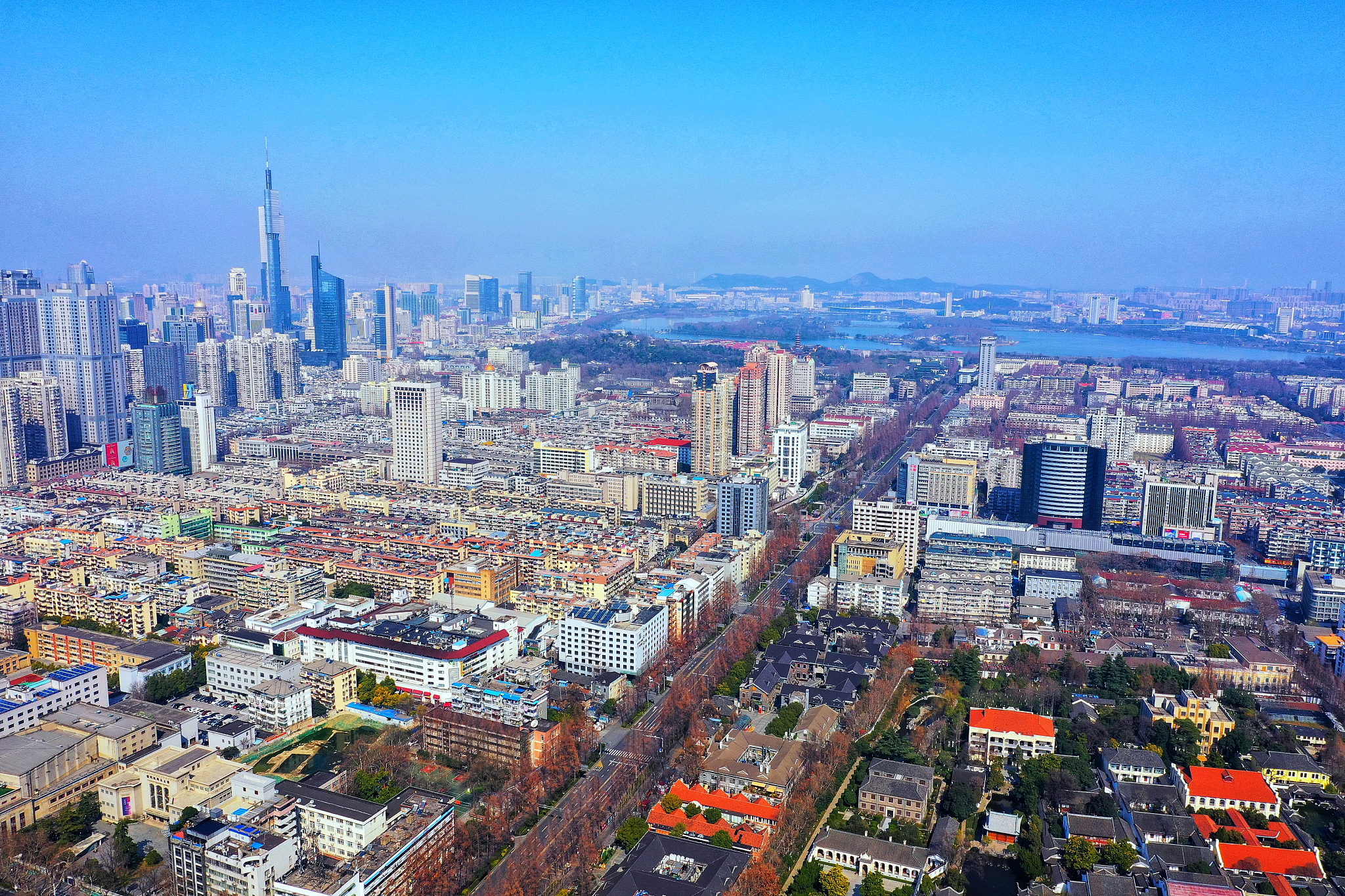中国近代史是中国历史的重要组成部分它包含了从1840年鸦片战争开始到1949年中华人民共和国成立为止的一段时期。在这个时期里中国经历了许多社会政治变革和外部干涉这些事件深刻地影响了中国社会和人民的文化、思想和行为。中国近代史可以分为几个重要时期:鸦片战争和不平等条约时期、洋务运动和戊戌变法时期、辛亥革命和五四运动时期、北伐战争和抗日战争时期、解放战争和新中国成立时期。这些时期都有其独特的特点和影响
As an important component of Chinese history, modern Chinese history covers the period from the Opium War in 1840 to the establishment of the People's Republic of China in 1949. During this period, China underwent many social and political changes and external interventions, which profoundly influenced the culture, thinking, and behavior of the Chinese society and people.
Modern Chinese history can be divided into several important periods: the Opium War and the era of unequal treaties, the Self-Strengthening Movement and the Hundred Days' Reform, the Xinhai Revolution and the May Fourth Movement, the Northern Expedition and the Anti-Japanese War, and the War of Liberation and the founding of the new China. Each of these periods has its unique characteristics and influences, which I will introduce one by one.
- The Opium War and the era of unequal treaties (1840-1911)
After the Opium War, China began to experience a nationwide anti-aggression and nationalist wave. However, China's weak position and internal political corruption soon made it a sphere of influence for the powers. For China, the era of unequal treaties at the end of the 19th century and the beginning of the 20th century was one of the darkest periods in modern Chinese history. During this period, China was ceded territory, forced to pay reparations, and even experienced protests and riots.
- The Self-Strengthening Movement and the Hundred Days' Reform (1860-1912)
The Self-Strengthening Movement was an important event in the late Qing Dynasty, which was an attempt to modernize China. During this period, China began to introduce advanced Western technology and ideas and tried to imitate the industrial production methods of Western countries. However, due to internal political corruption and turmoil, the Self-Strengthening Movement did not achieve great success. The Hundred Days' Reform was another important event, which occurred during the late Qing Dynasty, marking the beginning of reforming the political system in China. However, due to the social and political environment at that time, the Hundred Days' Reform ended in failure.
- The Xinhai Revolution and the May Fourth Movement (1911-1927)
The Xinhai Revolution marked the end of China's monarchic autocracy and the birth of a democratic republic system. During this period, China's political and social conditions underwent significant changes, and national consciousness and cultural movements also reached their peak. The May Fourth Movement was another important event, which represented the dissatisfaction of China's young generation with foreign aggression and traditional culture. The May Fourth Movement marked the beginning of the search for new roads and new thinking by China's intellectuals, laying the foundation for a new revolution.
- The Northern Expedition and the Anti-Japanese War (1928-1945)
The Northern Expedition was a product of cooperation between the Chinese Communist Party and the Nationalist Party, and its success brought political and security stability to most parts of China. However, due to the internal differences and struggles between the two parties, the Northern Expedition ended in failure. The Anti-Japanese War was another significant event, which began in 1937, marking the beginning of China's eight-year war against Japanese imperialism. During this period, the Chinese people rose up to resist foreign aggression, and they managed to endure the hardships of the war.
- The War of Liberation and the founding of the new China (1945-1949)
The War of Liberation was a war led by the Communist Party of China, marking the final battle between the CPC and the Nationalist Party. During this period, the People's Liberation Army under the leadership of the CPC witnessed a turning point in history, and the collapse of the Nationalist government marked the independence of the Chinese nation. The establishment of the People's Republic of China was one of the most important events during this period, marking the establishment of a new political system by the Chinese people and the beginning of their modernization process.
In summary, modern Chinese history is an important component of Chinese history, witnessing the sufferings and transformations of Chinese society and people. China faced various difficulties and challenges during this period but also paved a path full of hope and dreams. The experience and lessons of modern Chinese history provide important references and inspirations for present-day China

原文地址: https://www.cveoy.top/t/topic/fI8x 著作权归作者所有。请勿转载和采集!